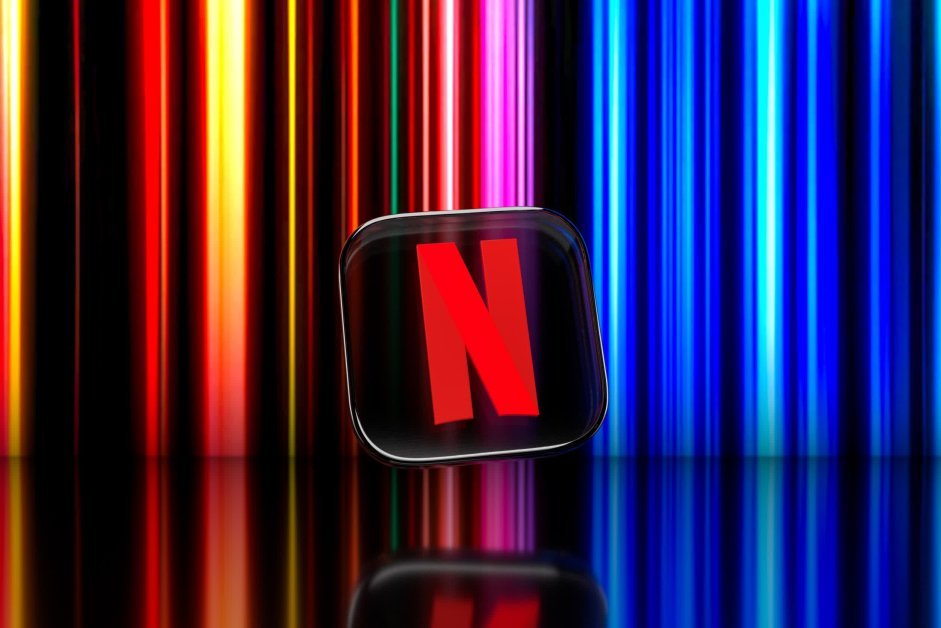The Impact of Artificial Intelligence on Creativity in Entertainment Industry
The advancement of artificial intelligence (AI) has raised concerns about the potential replacement of human workers in various sectors. Despite this, Netflix CEO Reed Hastings has a different perspective, suggesting that AI will not take over creative roles but rather enhance collaboration and creativity. Hastings recently discussed the implications of AI on the entertainment industry and highlighted the importance of AI expertise for future competitiveness. Let’s delve into the evolving relationship between AI and creativity in the entertainment world.
The Perspective of Netflix CEO
In a recent interview, Netflix CEO Ted Sarandos expressed his belief that generative AI will not eliminate the need for writers, actors, and directors. However, he cautioned that individuals proficient in AI may have a competitive advantage in the industry. This viewpoint echoes the sentiments shared by many tech professionals, emphasizing the importance of adapting to AI advancements to remain relevant in the evolving landscape of entertainment.
The Intersection of AI and Creativity
The rise of AI technology has led to concerns among screenwriters and actors, as evidenced by the WGA and Sag-Aftra strikes. These industry disruptions highlighted fears of job displacement and unauthorized use of AI-generated content. While agreements were eventually reached to end the strikes, some union members, particularly those involved in video game voice acting, expressed dissatisfaction with the outcomes.
Sarandos emphasized that AI programs are unlikely to surpass human creativity in screenwriting or performance. However, he warned that individuals who leverage AI effectively could potentially outperform their counterparts. Drawing parallels to past technological revolutions in entertainment, Sarandos likened the industry’s adaptation to AI to the transition from DVD rentals to streaming services pioneered by Netflix.
The Evolution of AI in Entertainment
Netflix has been at the forefront of integrating AI into its operations to curate compelling content. The introduction of advanced AI tools like Sora, a text-to-video generator capable of producing high-definition video clips, showcases the potential for AI to enhance creative output. Artists like Washed Out have already utilized AI technology to create music videos, signaling a shift towards AI-driven creativity in the entertainment realm.
Addressing Potential Job Displacement
Despite the creative possibilities offered by AI, concerns about job displacement persist. OpenAI CEO Sam Altman has called for a universal basic income to mitigate the impact of AI on employment. Additionally, Altman proposed the concept of “common compute,” allowing individuals access to AI resources for various purposes, including medical research and innovation.
Embracing the Future of AI and Creativity
As AI continues to evolve and shape the entertainment industry, embracing technological advancements and acquiring AI skills will be crucial for professionals in the field. Rather than viewing AI as a threat to creativity, industry stakeholders can leverage AI as a tool to enhance productivity and efficiency. By staying informed and adapting to the changing landscape of entertainment, individuals can navigate the intersection of AI and creativity to drive innovation and artistic expression.


